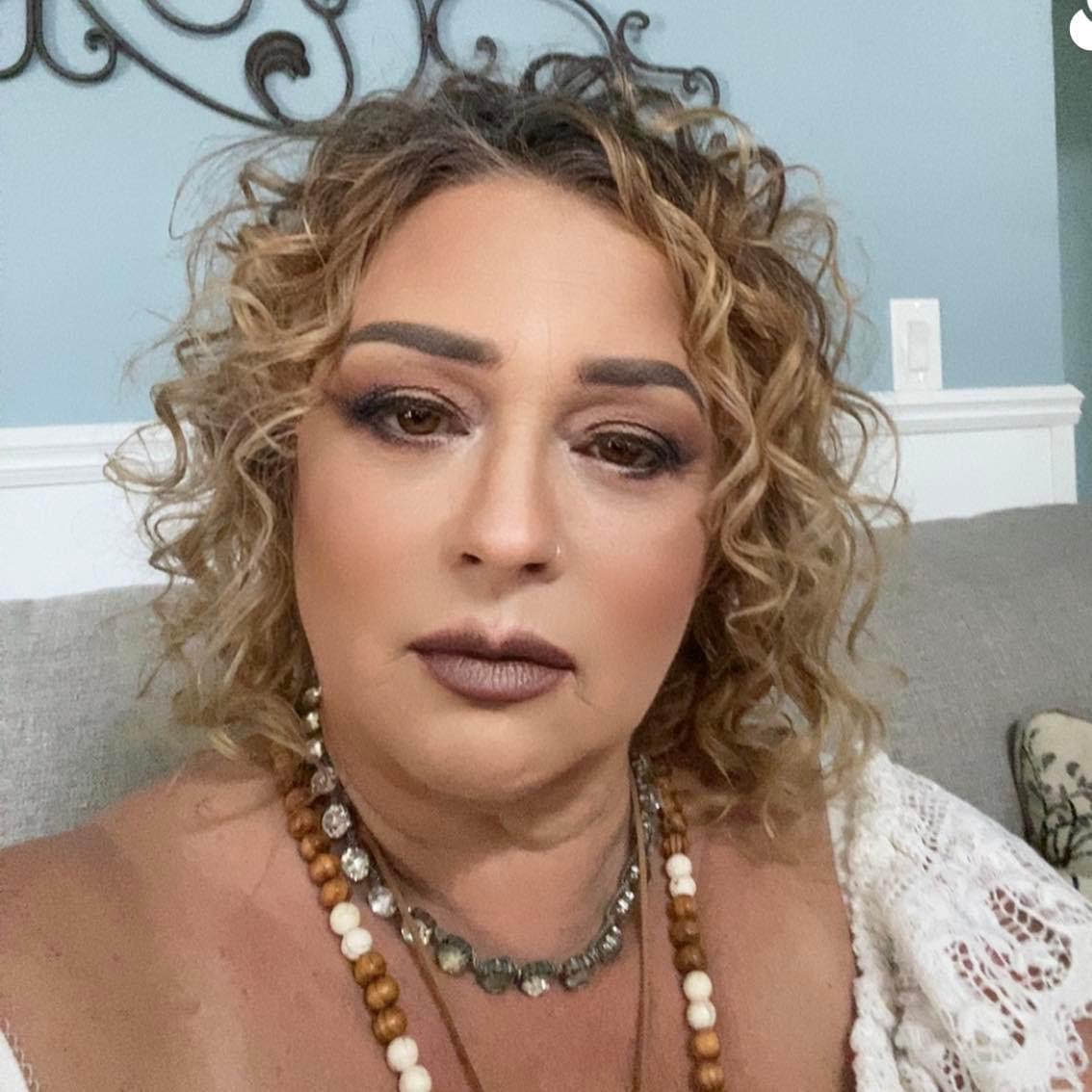The story of Tambra
A woman grappled with a painful disease for several years before doctors could pinpoint a diagnosis.
Tambra currently lives in Fort Mohave. The 48-year-old suffers from Dercum’s Disease, a rare disorder that causes benign tumors of painful fatty lipomas throughout the body.
“They are excruciating and it’s relentless, it doesn’t stop,” she says. “I have lipomas from the top of my head all the way down to the bottom of my feet. And I have probably thousands.”
In 2005 Tambra began to develop odd symptoms.
“I would get dry eyes where, if I would fall asleep, when I wake up in the morning it would take a layer off of my eye,” she says. “I started to get severe back problems, migraines, and then I started to get infections– weird infections. I had a lump on my chin and within 24 hours I was unrecognizable.”
As each year passed, Tambra says the symptoms became numerous as well as debilitating.
“The doctor here was pressing on my back and he’s noticing the lipomas that I have and he said ‘Tambra I am counting upwards of 60 right now. They are averaging in size from a fist to a quarter.'”
But doctors couldn’t find a proper diagnosis.
“For the 6 years that I literally fought to figure out what was wrong with me, I was humiliated by doctors. I was called a drug seeker. I was told that I had mental problems and I needed to see a psychiatrist I am not crazy, this is real,” she says. “I remember Googling ‘painful lipomas’ and Dercum’s Disease came up.””
In 2011, Tambra traveled to Dr. Herbst at University of Arizona. The associate professor is one of the leading Dercum’s researchers in the world and formally diagnosed Tambra.
“The hallmark of Dercum’s Disease are painful, fatty lumps in the fat tissue on the body,” says Dr. Herbst. Dercum’s is usually occurs in obese, post-menopausal women, but Dr. Herbst says it can vary.
“A person with Dercum’s Disease can actually be normal weight and look well, but when you try and touch them with your hands they double over in pain.”
Dr. Herbst considers Dercum’s a rare disease. The cause is unknown and at this time there is not cure.
“We don’t know why people with Dercum’s have the pain,” says Dr. Herbst, adding there are different types and patients have a variety of symptoms. She characterizes Tambra’s case as severe.
“Pain so deep that it hurts to your skeletal bones,” says Tambra who has undergone a mastectomy and hysterectomy as a result of the disease. “So far I have had four tumors removed– two from each breast, I had one removed from my shoulder, I have had one removed from my ankle, I had one removed from my elbow– it actually looked like a second elbow.”
A recent surgery resulted in an intramuscular lipoma removal.
“He pulled out a lipoma that was 12.5 centimeters, by 11.6 centimeters, by 6.6 centimeters and weighed almost four pounds. It was the size of a small child in my back.”
In addition to a morphine pump implanted in her body, Tambra takes on average 20 types of medication daily to treat her symptoms and side effects of Dercum’s.
“There is no cure for Dercum’s Disease. There’s no real treatment for Dercum’s Disease. And eventually I am going to die from complications from this,” she says. “It’s like being given a life sentence but not really knowing when.”
Dercum’s Disease is progressive. Patients are at risk for diabetes, high blood pressure, high cholesterol, depression, as well as dementia.
“Brain fog– which I already started having,” she adds that tumors can grow on her heart and cause cardiac arrest, or on her lungs and impact her breathing. “It’s a horrendous disease.”
Tambra stopped working in 2011.
“I can walk around my house, but I fall a lot. I am in bed 12 to 16 hours a day.”
She spends most of her day in bed, only able to walk for brief periods of time.
“My family has been my rock. If it wasn’t for my family– if I was alone doing this– I don’t know if I could have done it,” she says, adding that this lifestyle change has taken away the normalcy of being a wife and mother to two children. “I’d love to take my daughter to Disneyland and be able to walk around but I can’t do it. I am wheelchair-bound.”
Tambra’s medical outlook is murky at best. Dr. Herbst says more research needs to be done to better understand Dercum’s Disease.
“Life has changed. It’s changed. And I just want people to know about this disease and to help fight for rare diseases.”
